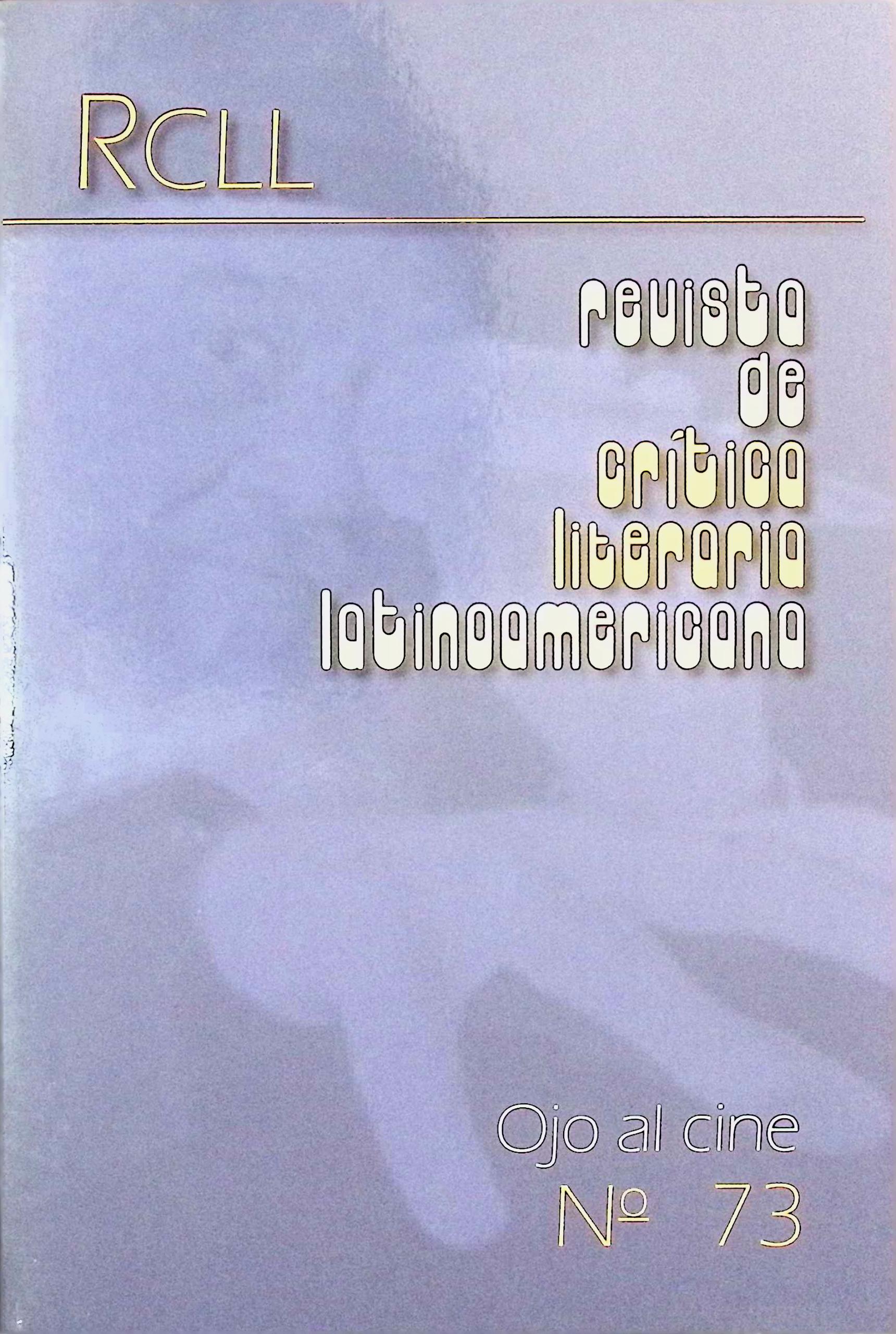“Otro modo de ser humano y libre”: la mirada feminista de Busi Cortés en el nuevo cine mexicano
Palavras-chave:
Busi Cortés, Rosario Castellanos, Nuevo Cine Latinoamericano, México, feminismo, adaptación, relación cine-literatura, autorepresentación de mujere, mujeres cineastasResumo
Este ensayo examina la forma en que Busi Cortés incursiona en el nuevo cine mexicano, con una lente transformadora, íntima y a la vez política, con su ópera prima de largometraje El secreto de Romelia (1988). Al adaptar la novela corta El viudo Román (1964) de Rosario Castellanos, actualiza también su pensamiento feminista para una nueva generación y nuevos espectadores, explicitando los cambios políticos post-68 e implicando a la mujer en la construcción de una nueva realidad política mexicana.





